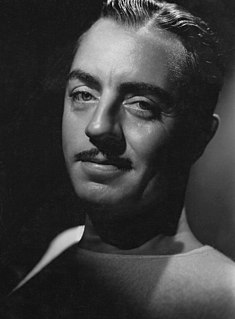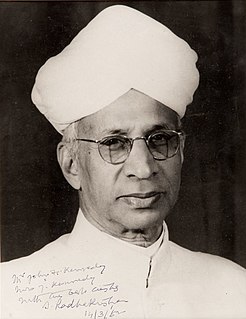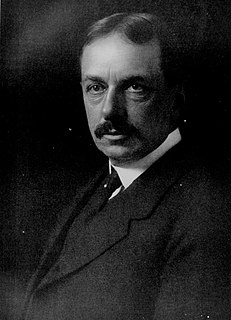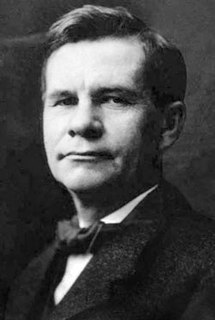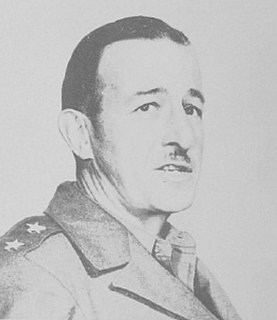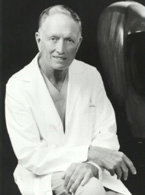A Quote by Alan Watts
Philosophy is man’s expression of curiosity about everything and his attempt to make sense of the world primarily through his intellect.
Quote Topics
Related Quotes
By profession a biologist, [Thomas Henry Huxley] covered in fact the whole field of the exact sciences, and then bulged through its four fences. Absolutely nothing was uninteresting to him. His curiosity ranged from music to theology and from philosophy to history. He didn't simply know something about everything; he knew a great deal about everything.
I have never gone into a picture without first studying my characterization from all angles. I make a study of the fellow's life and try to learn everything about him, including the conditions under which he came into this world, his parentage, his environment, his social status, and the things in which he is interested. Then I attempt to get his mental attitude as much as possible.
She knew that it would not be easy to submit to his miserliness, or the foolishness of his premature appearance of age, or his maniacal sense of order, or his eagerness to as for everything and give nothing at all in return, but despite all this, no man was better company because no other man in the world was so in need of love.
I had an indefatigable curiosity about everything. But why should my fate have depended upon that? Why does the curiosity of a child born into the lowest classes have to overcome everything put in his or her way to mute that curiosity, when a child born to parents with access to the advantages of life will have his meager curiosity kindled and nurtured? The unfairness is horrifying when it is properly understood as an unfairness meted out on children, on infants, on babies.
The word Atman (Soul) means the "breath of life". Atman is the principle of man's life, the Soul that pervades his being, his breath, his intellect and transcends them. Atman is what remains when everything that is not the self is eliminated. It is the unborn and immortal element in man, which is not to be confused with body, mind or intellect.
The all-round liberally educated man, from Palaeolithic times to the time when the earth shall become a cold cinder, will always be the same, namely, the man who follows his standards of truth and beauty, who employs his learning and observation, his reason, his expression, for purposes of production, that is, to add something of his own to the stock of the world's ideas.
What is a great man who has made his mark upon history? Every time, if we think far enough, he is a man who has looked through the confusion of the moment and has seen the moral issue involved; he is a man who has refused to have his sense of justice distorted; he has listened to his conscience until conscience becomes a trumpet call to like-minded men, so that they gather about him, and together, with mutual purpose and mutual aid, they make a new period in history.




